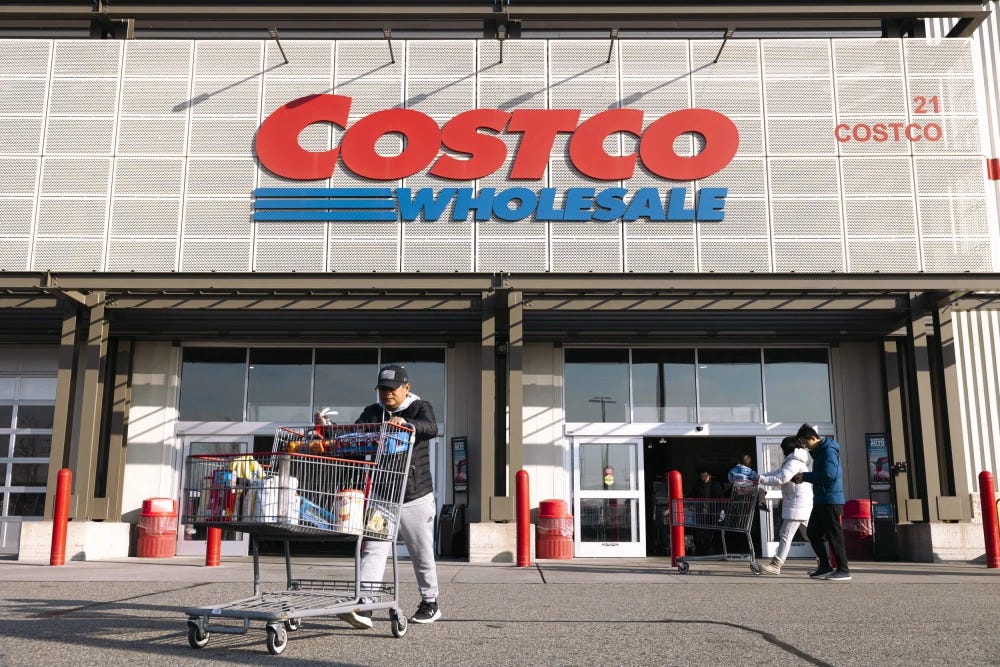Companies Defy Political Pressure, Stand Firm on Diversity and Equity Initiatives
Despite political challenges, businesses like Costco, JPMorgan, and Apple continue to prioritize DEI efforts for financial and ethical reasons.
As businesses face increasing political pressure, especially with conservatives controlling all three branches of the federal government, many companies are holding firm to their diversity, equity, and inclusion (DEI) programs. A 2023 McKinsey study reinforced the financial benefit of these initiatives, showing that companies with women in executive teams had a 39% higher likelihood of profitability. This financial incentive is one of the reasons why major corporations, including Costco, JPMorgan, and Apple, have vowed to continue their DEI efforts, despite the changing political landscape.
“When these companies analyze their data and choose to maintain these programs, it tells me they’re seeing tangible results tied to their bottom line,” said diversity expert Thompson. “And there’s nothing wrong with that.”
Although conservatives have the political upper hand, it takes "courageous leadership" for companies to continue their DEI efforts, according to Anthony P. Howard, a human resources veteran. Howard, who has worked at Fortune 500 companies, emphasized that companies that stand by DEI initiatives foster loyalty and commitment from employees. “By standing firm, they set themselves apart, showing they support equal opportunities,” he said.
Tana M. Session, a diversity and inclusion leader in California, pointed out that businesses like Delta and the Cleveland Cavaliers are positioning themselves for long-term success by sticking to their DEI commitments. “They are following their compass and not being discouraged by the noise,” she said. “Their consistency will pay off in the long run.”
Despite the growing political pushback, some corporate leaders remain steadfast in their commitment to DEI, having already invested significant time, effort, and resources into building inclusive frameworks. Gilliam from Azara Group noted that some companies are concerned about potential repercussions but are determined to preserve the programs they've put in place.
Marc Morial, president of the National Urban League, expressed strong opposition to any efforts to reverse DEI progress. “We stand against any action aimed at undoing the progress of the last 70 years,” Morial declared, vowing to fight against any attempts to undercut DEI initiatives.
Consumer backlash is another factor businesses must consider. Companies like Target, which have worked to feature products from Black- and Latino-owned businesses and carry LGBTQ Pride-related merchandise, may face consequences if they scale back DEI programs. Tana M. Session noted that consumers—particularly people of color—could shift their spending to vendors who better align with their values. "What they’ll see is consumers pivoting to support vendors of color and women," she explained.
As businesses weigh the political and financial costs of their DEI decisions, it is clear that standing by these initiatives is no longer just a moral stance—it’s also a smart business move that resonates with a growing consumer base seeking inclusivity and equity.


